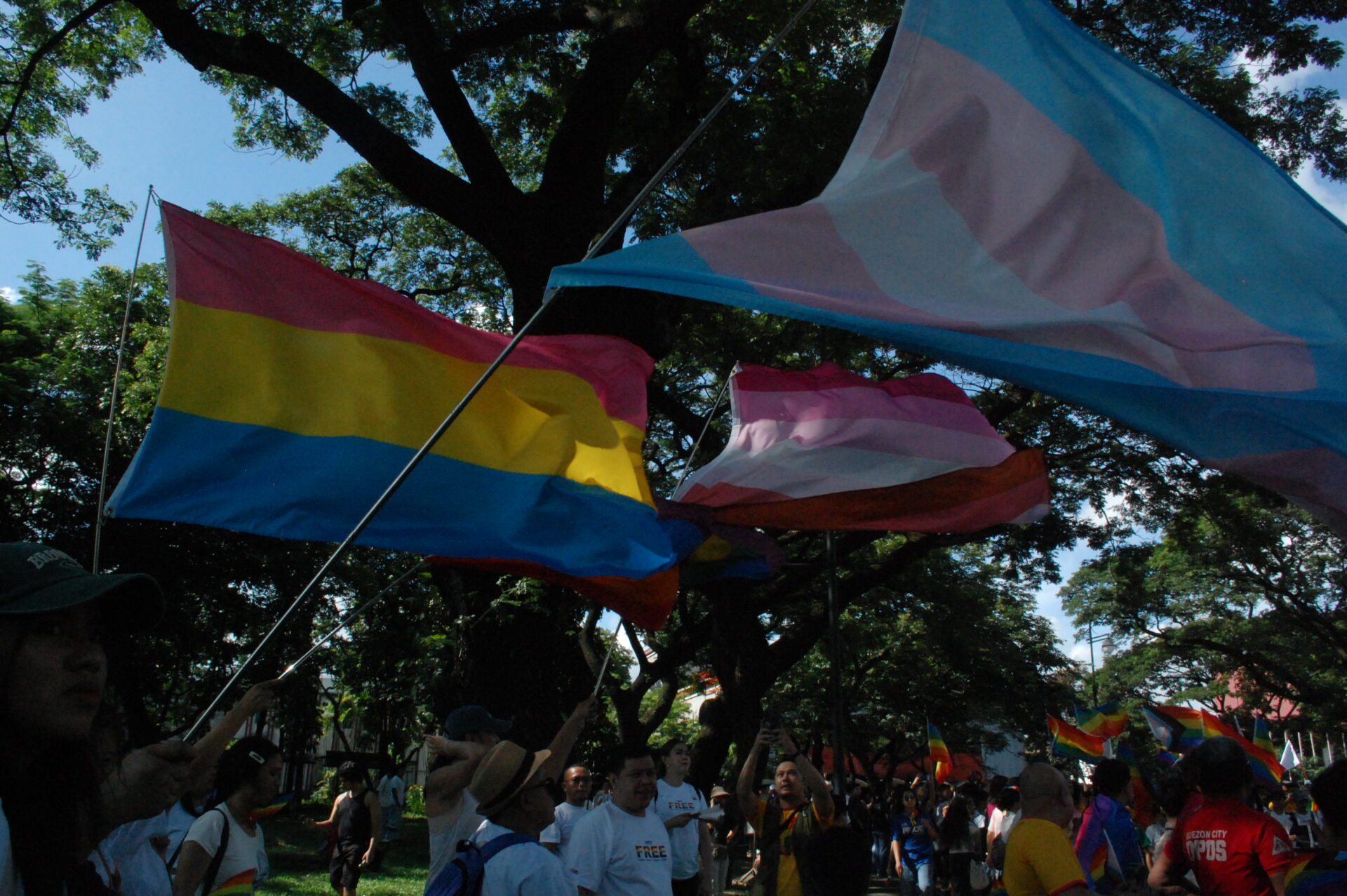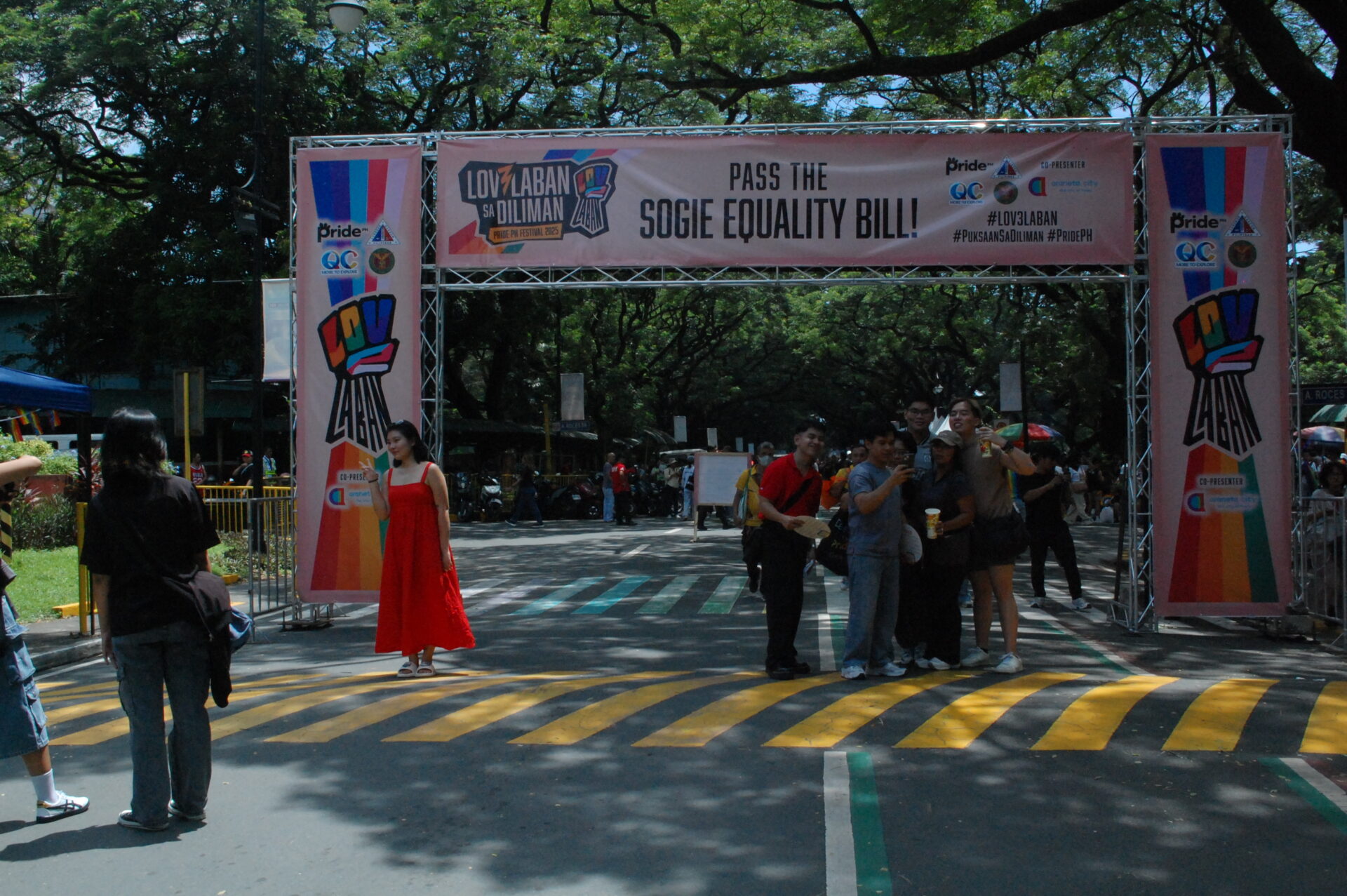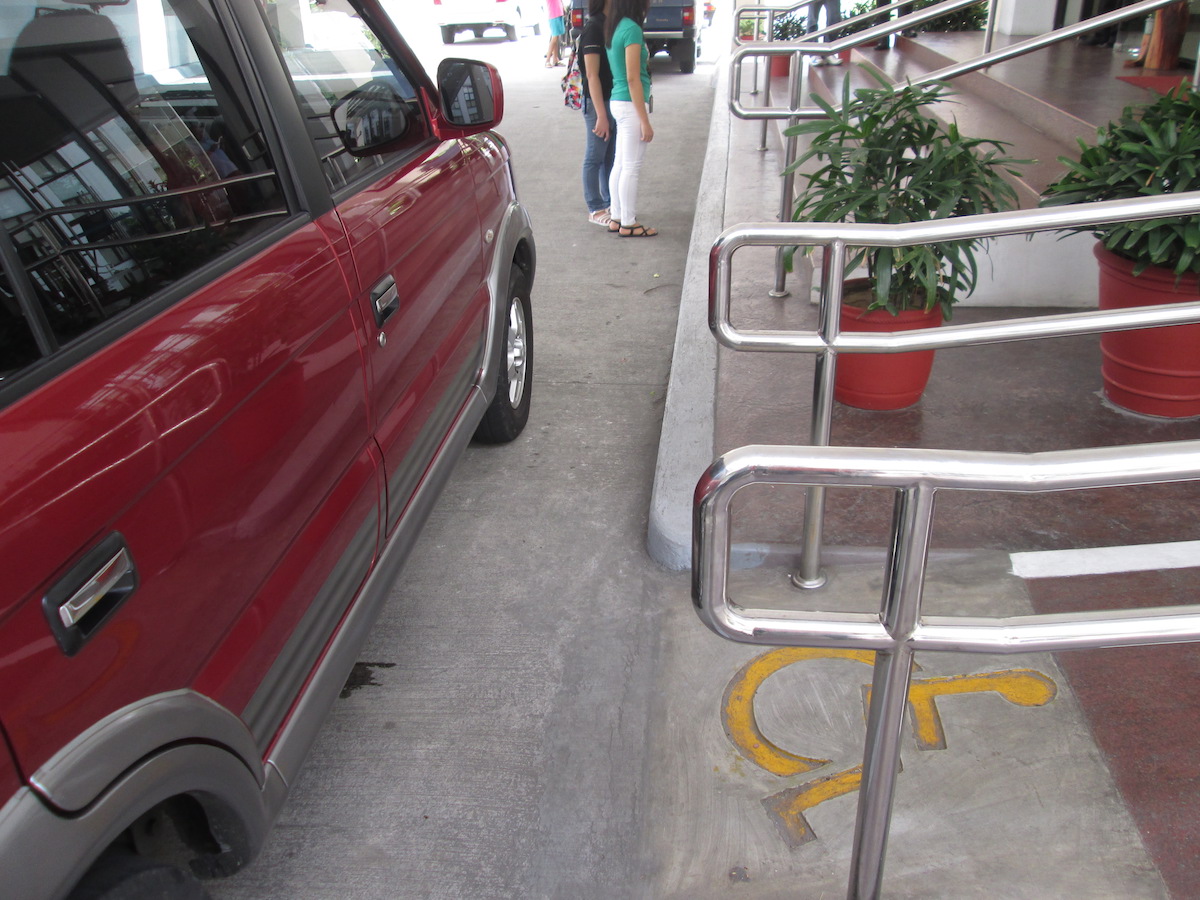
When it comes to making medical decisions, queer couples are almost always at a disadvantage. Delays in treatment are not uncommon because hospitals only recognize next-of-kin as decision-makers if the patient is incapable, never mind if the partners have been together for several years.
With the SOGIESC bill still in limbo, two local governments have taken the initiative to help the LGBTQIA+ community – at least in one of their battles – with the institution of the Right To Care card in their localities.
The RTC policy gives LGBT couples the ability to make decisions on behalf of their recognized partner through a Special Power of Attorney digitally linked to the card. Cardholders are empowered to agree, refuse, or withdraw consent for any type of medical care for their partner, which covers treatment, procedures, tests, and even prescriptions.
The pioneer
Quezon City was first to pass the ordinance that recognizes the right of members of the community to have a say when it comes to the healthcare concerns of their same-sex partners.

So far, 468 couples have applied for and been granted the RTC card since its implementation on June 24, 2023 up to June 2025. However, only public hospitals in the city honor the card at present. The local government’s Gender and Development Council is still working out kinks for private hospitals to come on board.
Anna Villanueva and her partner of nine years, Sam David, were among the first to apply for an RTC card. While their attending physician was considerate enough to allow David to decide on the treatment for her partner during a medical emergency a few years ago, this is hardly the case in most medical facilities.
Villanueva’s sister was not as fortunate. When she was confined, the doctor and hospital staff at a government hospital insisted on a family member to grant permission for a biopsy. The procedure was delayed for several hours until Villanueva arrived.
“Nung makita namin na may Right To Care card, we opted to apply for it,” she told VERA Files.
San Juan City followed suit and timed the passage of their RTC card policy on June 14, a few weeks before the 2025 Pride Month celebration.
Expanding support
Advertising executive Adrian de Guzman is the brains behind the RTC card. He lamented that the Philippines, being predominantly Catholic, provided no legal rights for LGBT partners. This is crucial when it comes to life or death decisions in medical care.

He and a team rolled up their sleeves and started to develop the framework for the policy in 2021. The legal document goes beyond medical care wishes and decisions; it includes financial provisions and other directives that legally married couples pay little attention to.
“The stars would align,” the Mullenlowe TREYNA deputy creative lead told VERA Files. This after endless paperwork, legwork and with the support of Quezon City councilors Doc Ellie Juan and Joseph Juico.
After Quezon City and San Juan City, de Guzman’s team continues to encourage other local government units around the country to back the policy.
It has recently found an ally in Pasig City’s KC Custillas, president of the Sangguniang Kabataan Federation, who vowed to lobby for the policy before the city council.
Makati City Councilor Hein Angeles has consulted the team about her draft ordinance, which includes an “Extraterritorial Recognition” clause that will allow Makati healthcare facilities to honor RTC cards issued outside of the city.
San Pedro in Laguna, Baguio City, Paranaque City, and four other cities are expected to file drafts of the ordinance in the coming weeks.

What’s next?
In 2024, Akbayan Partylist Rep. Perci Cendaña filed a Right To Care bill in the Lower House but was not met with success. He will likely refile the measure in the 20th Congress.
Still, the RTC card is catching on, even if it is just on the local levels. And the example set by these cities is an important step towards pushing for LGBTQIA+ rights on a national scale, said Reden Raz, program officer of the Philippine Anti-Discrimination Alliance of Youth Leaders.
“Currently, we still lack gender-responsive or SOGIESC-responsive legislations. Wala masyadong interventions for LGBTQIA+ people,” he pointed out.
For same-sex couple Dale and Marlon, the RTC ordinance can help achieve similar policies on a nationwide scale.
“Kahit step-by-step success tayo… itong maliliit na steps na ‘to [kailangan] para ma-upvote natin kung ano talaga yung karapatan natin,” Marlon said on the sidelines of the June 28 QC Pride Festival.
De Guzman and his team consider the awareness they’ve raised a huge win. But the team’s ultimate goal is when there will be no need for an RTC card. If that happens, it will only mean that the LGBTQIA+ community finally enjoys equality.
(The author is a journalism student at the UP College of Mass Communication and is doing her internship with VERA Files.)
